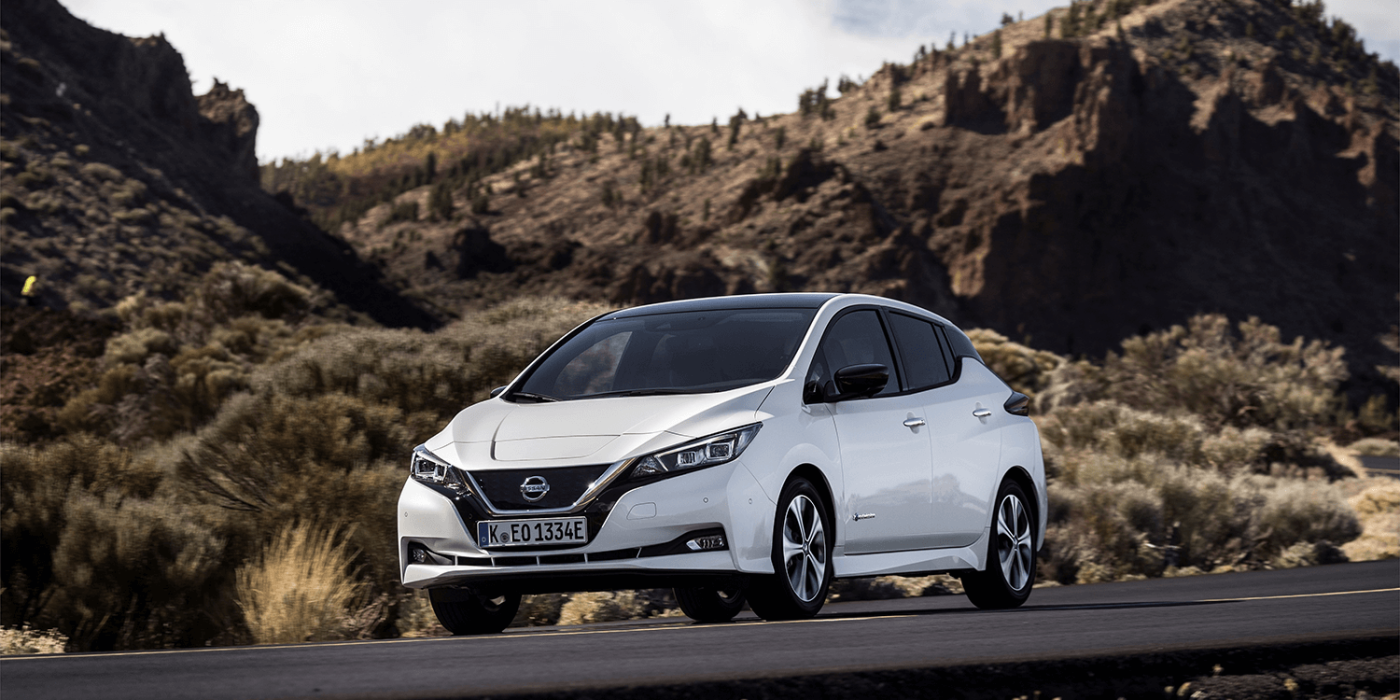Nissan could withdraw from Europe
Nissan reportedly wants to withdraw from Europe and instead focus more on its main markets: the USA, China and Japan. The news comes through sources of Reuters and also includes repercussions on the alliance’s e-mobility offering.
+ + Kindly see our update below + +
So far, Reuters refers to “people with direct knowledge of the plan” for a restructure that is to be presented on 28 May. Nissan aims to increase operational performance apparently by refocussing its own efforts as well as that of its partners, Renault and Nissan. In future, Nissan would look towards Mitsubishi for plug-in hybrids, especially in Asian markets outside China and Japan, while Renault will concentrate on BEV technologies and Europe.
This is to cut competition among the three allied carmakers but also “we’re rationalising operations, reprioritising and refocusing our business to plant seeds for the future,” Reuters quotes unnamed persons. Nissan and Mitsubishi declined to comment. Renault did not immediately respond to a request for comment by the news agency.
However, rumour had it already in April, that the three partners would synergise their efforts, in particular in electric vehicle development. A Japanese news site claimed at the time that the alliance would plan to increase the number of jointly developed BEV models of all sizes for an envisioned market launch by 2023. In addition to the chassis, Nissan, Renault and Mitsubishi could also share electric motors and batteries, according to the report.
Yet we cast caution as such far-reaching cooperation could significantly change the range of electric models offered by the companies involved. Up to now, many developments have taken place separately; the two bestsellers from Nissan (Leaf) and Renault (Zoe) are both in-house developments. Besides, also future developments have so far taken place separately: There are no counterparts from Nissan or Mitsubishi for vehicles such as the announced Twingo Z.E. or the low-priced electric SUV City KZ-E aimed for the Chinese market, which is to be launched in Europe as the Dacia.
It also looks as if the company is introducing an additional view to localisation and division of labour. Nissan has built up expensive overcapacities in some plants after the growth forecast under former CEO Carlos Ghosn that did not materialise as expected. The plan will likely include plant closures as well as more targeted line-ups in specific markets.
What the new operational direction will mean for Nissan’s bestselling electric vehicles, the Leaf and eNV200 remains to be seen. Both are currently also being made in Europe.
Update 6 May 2020: The manufacturer has now reacted to this report about the alleged withdrawal from Europe. Guillaume Pelletreau, Managing Director of Nissan Center Europe has said in response that Nissan is “fully committed to strengthening its European product portfolio.”
Pelletreau says that Nissan’s commitment to Europe is clear through the market launch of the Juke in November last year, as well as the conversion work now happening at the British plant in Sunderland to start production of the new Nissan Qashqai. Nissan will apparently rely on these two SUV models to maintain its presence in Europe but will sell its factory in Spain. “Last but not least, we are also pushing the electrification of our line-up, which we will also supplement with completely new models,” Pelletreau continues. As the German car-specialist website Kfz-Betrieb writes, Nissan has apparently also written to European dealers to quash the rumours.
reuters.com, update: kfz-betrieb.vogel.de (in German), europe.autonews.com (paywall)





0 Comments